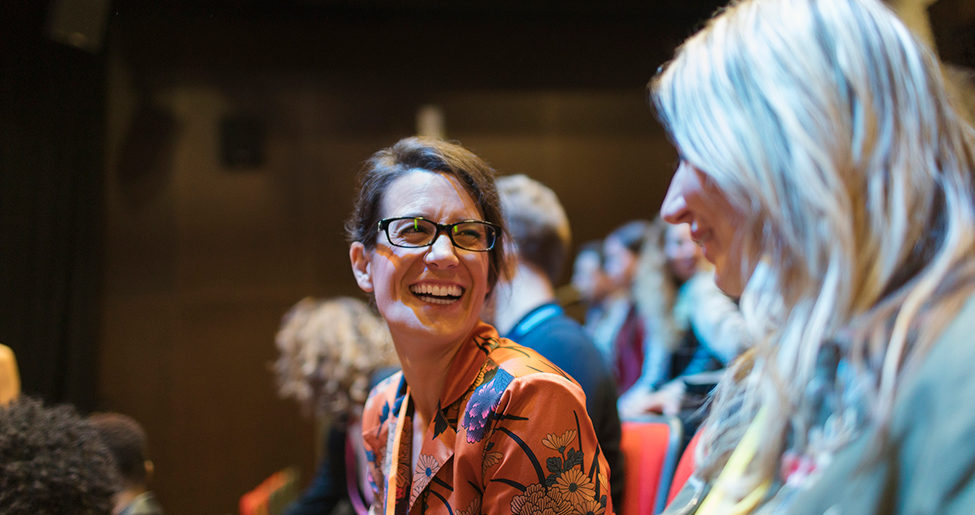- Jobs
- Volunteering
-
More
Discover
The community for UK charity professionals
We help charity professionals get better at their jobs. Sign up to share knowledge and ideas, ask burning questions & build connections.
Discover CharityConnect
- Recruiter zone
- Career advice
- Recruiter zone
The community for UK charity professionals
We help charity professionals get better at their jobs. Sign up to share knowledge and ideas, ask burning questions & build connections.
Discover CharityConnect










